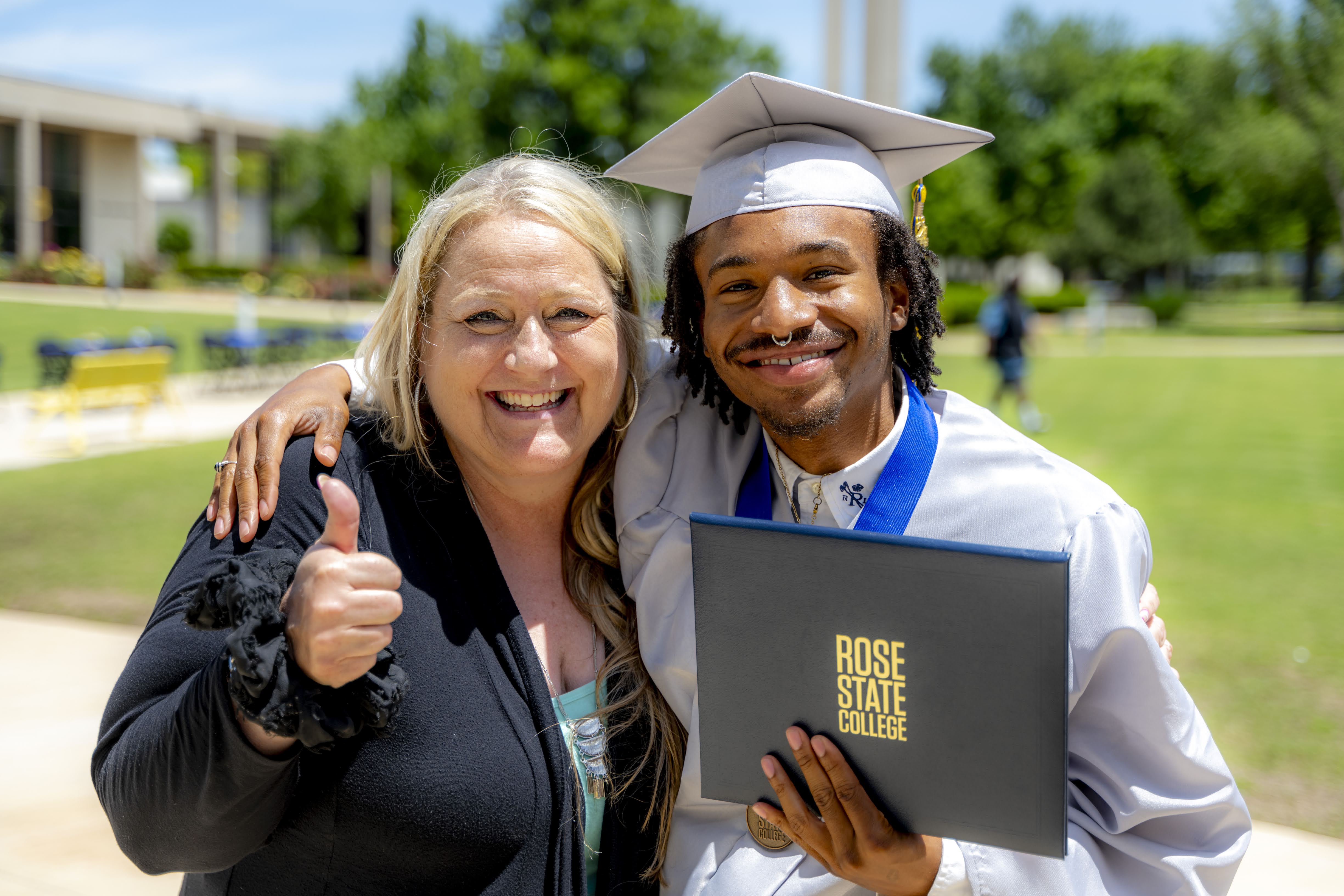Assessment Plan
Assessment Plan (PDF)
Cocurricular Assessment Plan (PDF)
Types of Assessments
Student LearningThe assessment of student learning focuses on the knowledge, skills, attitudes, and habits of mind developed as a result of the educational process. Student learning takes place on several levels - course-level, program-level, and institution-level. Consequently, the assessment of student learning is conducted at various levels to ensure the quality of our courses, programs, and the institution as a whole. While faculty members are fundamentally engaged in assessing course-level learning outcomes, great care is also taken to ensure that the learning outcomes of a set of courses are also being met. As a group, the required courses for a particular degree program reflect a set of learning outcomes that is unique to that field of study. Program-level outcomes are listed with each degree sheet in the college catalog. In contrast, the General Education courses present learning outcomes that are common to all college-educated people, regardless of their particular major. These are called General Education Outcomes. As part of Rose State College’s assessment plan, General Education Outcomes are assessed on a three-year cycle, and program-level outcomes are assessed on a five-year cycle.
Cocurricular Assessment
In addition to the learning opportunities provided by General Education or degree program requirements, cocurricular programs such as student government and other student activities aim to promote further personal development and foster lifelong learning. Cocurricular events are activities, programs, service opportunities, or learning experiences that support and enhance the mission of the institution, the general education or discipline-specific curriculum outcomes, and the overall educational experiences at Rose State College.
Rose State College recognizes the role of personal development in effective teaching and learning, and strives to create a learning environment that addresses the needs of a diverse student population. This includes providing appropriate services and facilities to address the physical, emotional, and social needs of the entire college community. As part of Rose State College’s assessment plan, assessment of facilities is conducted during the spring semester of odd numbered years, and assessment of services is conducted during the spring semester of even-numbered years.
Educational Demographics
The Educational Demographics assessment provides information beyond learning and engagement. This measure is intended to capture descriptive information about our diverse student population for the purpose of improving offerings and opportunities. As a result of this assessment, decisions of the college are informed by a better understanding of how student behaviors and choices are influenced by various factors such as access to technology, paying for college, how students acquire books, attitudes, motivation for learning, opinions regarding online courses, reasons for attending college, time spent studying, and session preferences, among others.



